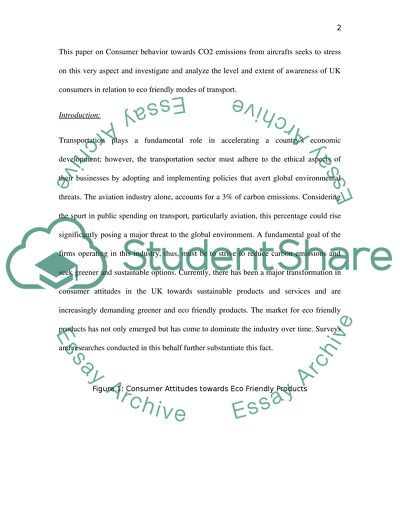Cite this document
(Consumer Behaviour towards CO2 Emissions from Aircrafts Research Proposal, n.d.)
Consumer Behaviour towards CO2 Emissions from Aircrafts Research Proposal. Retrieved from https://studentshare.org/environmental-studies/1553337-consumer-behaviour-towards-co2-emissions-from-aircrafts
Consumer Behaviour towards CO2 Emissions from Aircrafts Research Proposal. Retrieved from https://studentshare.org/environmental-studies/1553337-consumer-behaviour-towards-co2-emissions-from-aircrafts
(Consumer Behaviour towards CO2 Emissions from Aircrafts Research Proposal)
Consumer Behaviour towards CO2 Emissions from Aircrafts Research Proposal. https://studentshare.org/environmental-studies/1553337-consumer-behaviour-towards-co2-emissions-from-aircrafts.
Consumer Behaviour towards CO2 Emissions from Aircrafts Research Proposal. https://studentshare.org/environmental-studies/1553337-consumer-behaviour-towards-co2-emissions-from-aircrafts.
“Consumer Behaviour towards CO2 Emissions from Aircrafts Research Proposal”. https://studentshare.org/environmental-studies/1553337-consumer-behaviour-towards-co2-emissions-from-aircrafts.


